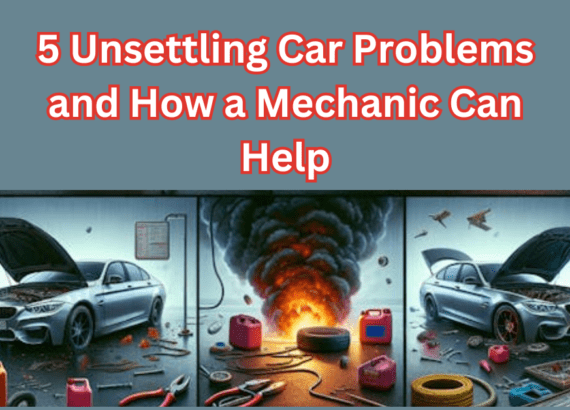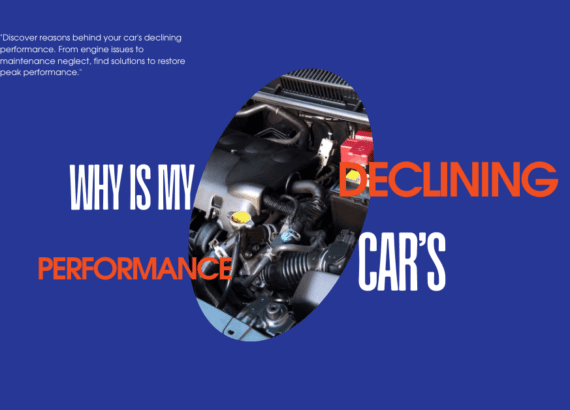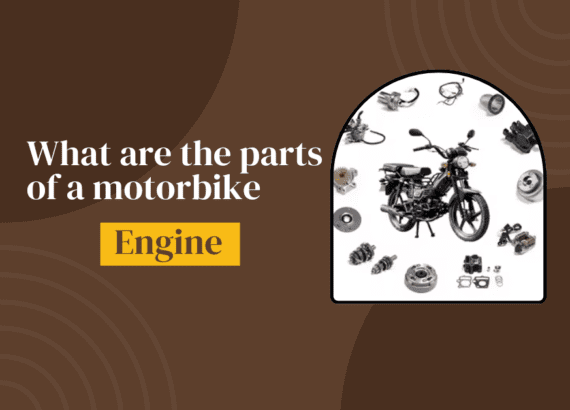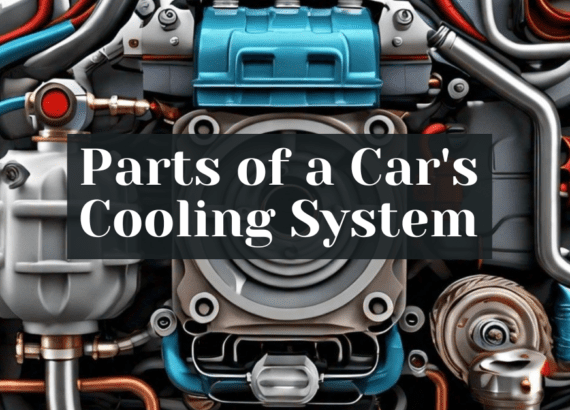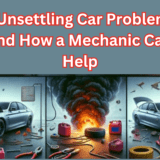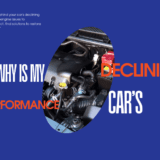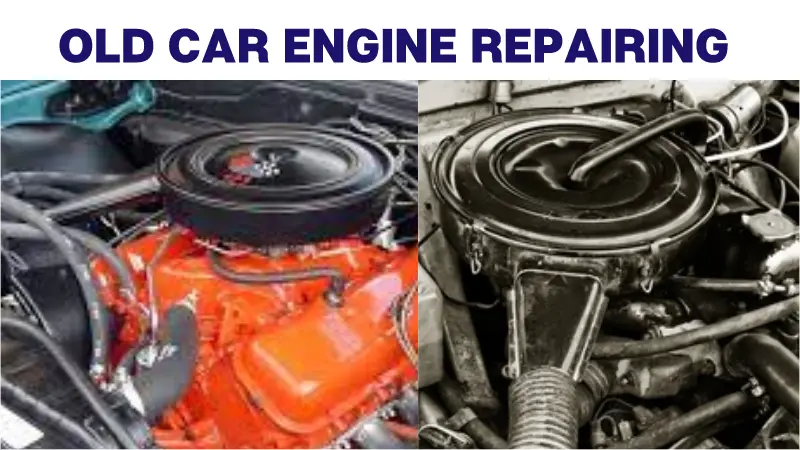Can Short Journeys Damage My Car?

During my tenure as an automotive enthusiast and a tad bit of experiential wisdom gained through countless interactions with vehicle maintenance professionals. I’ve come to appreciate the nuanced aspects of car care. Short trips, often perceived as benign, hold hidden implications for your vehicle’s wellbeing.
Frequent quick jaunts to the store or school runs don’t allow your types car’s engine to reach its optimal operating temperature. This can lead to incomplete fuel combustion, which in turn, may deposit harmful residues within the engine, adversely affecting its efficiency and lifespan.
Moreover, these seemingly innocuous routines escalate the wear and tear on your vehicle’s health, particularly concerning the car battery. Each start-up demands a significant power surge from the battery, without providing it ample time to recharge during short drives.
The situation is akin to a slow sap on the battery’s vitality, eventually pushing it towards premature failure. Recognizing this, proactive car battery maintenance becomes indispensable, especially for those ensnared in the web of routine short commutes.
Embarking on a journey to understand and mitigate these risks, I stumbled upon a haven of expertise at Tires Plus. They underscore the essence of regular check-ups and appropriate maintenance strategies tailored for vehicles predominantly used for short journeys.
Their guidance transformed my perspective. Highlighting that while these trips are woven into the fabric of our daily lives. Understanding their impact and adopting preventive maintenance measures can significantly sway the balance in favor of our vehicle’s longevity and performance.
What is considered short distance driving?
In the bustling city life where I live, I’ve noticed my car’s engine rarely gets the chance to reach its operating temperature. Short distance driving is typically considered any journey less than 10 miles. This refers to quick trips where the engine doesn’t let itself fully warm up. Having experienced this firsthand, the chances of wear and tear on my vehicle significantly increased. Teaching me the importance of occasional longer drives.
Is driving short distances bad for car battery life?
Embarking on short trips with your vehicle may seem inconsequential. But it can have a lasting impact on your car battery and engine. Each start siphons a substantial amount of energy from the battery, and without adequate driving time. The alternator doesn’t get the chance to recharge it fully.
This cycle leads to rapid depletion of battery power. Eventually culminating in a weak battery that struggles to crank the engine. An anecdote from my tenure at Firestone Complete Auto Care vividly illustrates the predicament: a customer frequently using their car for errands around the neighborhood witnessed their battery warning light illuminate far sooner than expected. Highlighting that their battery’s lifespan was significantly compromised.
Moreover, the demand on the battery starts the moment you turn the key, powering not just the startup but also the headlights, and ensuring you’re ready for the next drive. Not achieving the optimal operating temperature for your engine can also add strain, as it takes several minutes for an engine to warm up and run efficiently. This is not just about keeping the engine happy but ensuring every task your car performs does not shorten its life by much more than necessary.
To prevent this, a surefire way to err on the side of caution is to allow longer periods of drive time between startups or consider alternative transportation for extremely brief errands. Inspecting and, if necessary, replacing a battery should it show any signs of struggle to start or if the headlights are not as bright as they should be, is crucial to keep your car going and to ensure it’s taking you away on journeys rather than driving you towards untimely maintenance tasks.
ARE SHORT TRIPS BAD FOR YOUR CAR?
Short Trips Impact on Vehicle Longevity
As someone who’s juggled the convenience of short trips with efficiency, I’ve seen firsthand how they can reduce a vehicle’s longevity. The irony isn’t lost on me that these brief jaunts, while saving time, actually harm car components over time. From car batteries to the very lifeblood of the vehicle, engine oil, the damage is more than surface deep.
Harm to Car Batteries
Let me put it plainly: frequent short trips seriously harm your car batteries. Each start-up drains power without giving the alternator enough time to recharge, akin to taking a loan out on your car’s energy without ever paying it back in full.
Engine Oil Spoilage
Similarly, these trips contribute to engine oil spoilage. The engine never reaches the optimal operating temperature on short drives, preventing the oil from becoming fluid enough to do its job properly—like trying to spread cold butter on toast.
Increased Engine Wear
Lastly, engine wear increases exponentially. Components wear down quicker due to the lack of proper lubrication and temperature regulation. It’s a silent predator, culminating in unexpected breakdowns and repairs.
By confronting these effects head-on, we can better strategize our driving habits to preserve our vehicles for the long haul. However, reevaluating our reliance on short commutes might just be the key to a longer-lasting car.
WHY ARE SHORT TRIPS BAD FOR YOUR CAR?
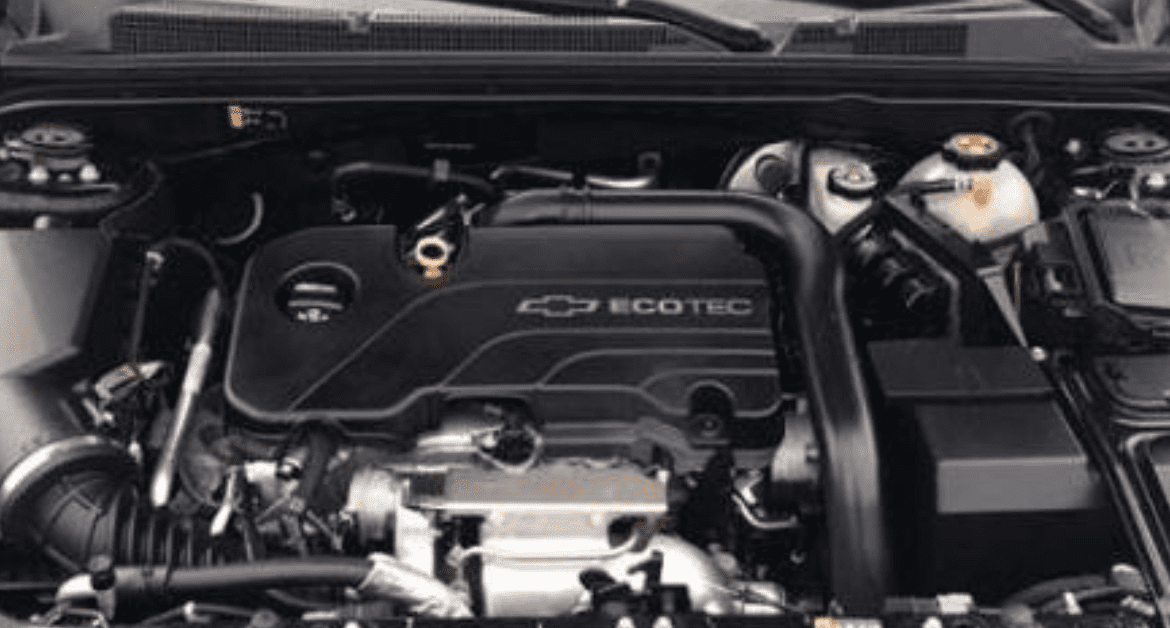
THEY CAN REDUCE THE LIFESPAN OF YOUR BATTERY
In my journey as a mechanic, I’ve seen short trips spell significant adverse effects on a car. The reduced battery capacity is a silent thief of your vehicle’s engine vitality. The alternator needs a stretch to adequately recharge the battery. Brief jaunts mean the battery cells barely get to this point, leading to struggles to hold a charge—a massive bummer when your battery warranty is voided by issues like dim headlights, slow cranking, or frequent dead batteries. Short trips are the culprit here.
THEY MAY AFFECT YOUR ENGINE’S COMPONENTS AND MOTOR OIL
Short trips also wreak havoc on the engine. As an aficionado of finely machined parts, I understand that precise tolerances make your engine efficient and durable. Achieving operating temperature is a ballet of metal expanding; in the hot, these tolerances are tight; in the cold, not so much, adding wear and giving parts too much wiggle room. The combustion process has byproducts; they blow past piston rings into the oil. Without reaching normal operating temperatures, these contaminants, like water, aren’t burned off or evaporated but remain, making the oil break down faster, increasing friction, and adding excess wear inside the engine.
HOW CAN YOU HELP PREVENT DAMAGE FROM SHORT TRIPS?
In the hustle of busy life, getting from one destination to another can make short trips inevitable. The goal is to minimize damage they cause, and I’ve found five practical tips that potentially help.
Consolidate Errands
By choosing to consolidate errands into one long trip rather than multiple short trips, not only does it offer time efficiency but also allows your battery to maintain its charge. Planning ahead is key, grouping tasks to maximize efficiency.
Use Battery Tender or Trickle Charger
A personal game-changer has been using either a Battery Tender or Trickle Charger. These devices are perfect for combating the electrical drain from short trips, keeping the battery in good condition. My advice? Pick up one of these two; they can offset frequent short drives.
Occasionally Take a Longer Drive
Embracing the joy of an occasional scenic drive not only offers an uplifting break but has practical benefits. It allows your battery to recharge, while contaminants evaporate from the oil, ensuring smoother vehicle operation.
Turn Off Accessories
Turning off accessories like the radio, air conditioning, and headlights when possible reduces additional strain on the battery during short trips. This practice maximizes the chance for the alternator to do its job of fully charging the battery.
Schedule Regular Vehicle Maintenance
Perhaps the most important advice is to schedule regular vehicle maintenance. This includes battery checks and oil changes, essential practices to reduce and prevent damage from short trips. Regular check-ups can save a lot of hassle and ensure a smoother ride
HERE’S HOW TO CARE FOR YOUR CAR
In my years of traversing through the demands of daily living and enjoying the perks of short drives to the local café, I’ve learned the importance of keeping under the hood in check. Firestone Complete Auto Care experts echo that, emphasizing on a full-vehicle inspection, especially when it comes to a vehicle’s engine that might suffer from potential damage due to frequent stopping and starting. Their pros recommend regular oil changes to prevent the detrimental effects, ensuring your car keeps running newer, longer—saving you from the hassle of weak battery woes and the need for hassle-free repairs.
Conclusion
In reflecting on the nuanced dance of short trips and vehicle health, it becomes clear that while the convenience of swiftly darting from one errand to another has its allure, the impact on our cherished vehicles is less than desirable. Frequent brief journeys can indeed undermine the vitality of our cars, leading to a sluggish battery, tainted oil, and accelerated wear on engine components. Yet, knowledge and proactive maintenance illuminate a path to mitigate these effects.
By adopting a ritual of regular check-ups, embracing the wisdom of seasoned professionals at places like Firestone Complete Auto Care, and adjusting our driving habits, we can shield our cars from the silent siege of short trips. Such measures not only extend the life of our vehicles but enhance their performance, proving that with care and insight, we can navigate the challenges of modern convenience without sacrificing our cars’ longevity.
This journey of discovery and adaptation underscores the importance of harmonizing our daily routines with the needs of our mechanical companions, ensuring they remain robust and reliable partners in our lives.
FAQs
Is it bad to start your car for a short time?
I could never get the timing or duration right for a few months. If you crank for too short a duration, the engine will not come to life, and it’s an effort wasted. If you crank for too long, you hear the unpleasant sound where the starter motor still tries to drive the engine even after the engine has started.
Do road trips damage cars?
Wear and tear costs: A long road trip can inflict costly damage on your car, even if you don’t notice it right away. Every mile results in a certain amount of wear and tear to the engine, the tires and other moving parts. ItStillRuns offers an easy way to calculate wear-and-tear costs by the mile.
Is it OK to drive short distances?
Yes, driving short distances daily can be bad for your car. This is because the engine doesn’t have enough time to warm up properly. When the engine is cold, the oil is thicker and doesn’t lubricate as well. This can lead to engine wear and tear.
Is it OK to only drive your car once a week?
This will help keep cooling, lubrication, and fuel system parts in shape, will charge the battery, and will prevent flat spots from forming on the tires. Use the brakes frequently to remove any rust that has formed on the brake rotors.
Are short trips bad for turbo engines?
Short trips do not cause any more rapid wear for modern turbo motors than normally aspirated engines.
Does the car need to start everyday?
In general, new cars don’t require regular drives as their parts are new and can work efficiently, but as soon as the car gets old, you need to take more care of it. If your car is more than 2 years old, you need to start your car once every 2-3 weeks or at least once a month.
